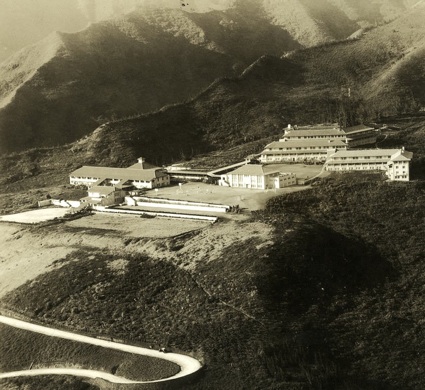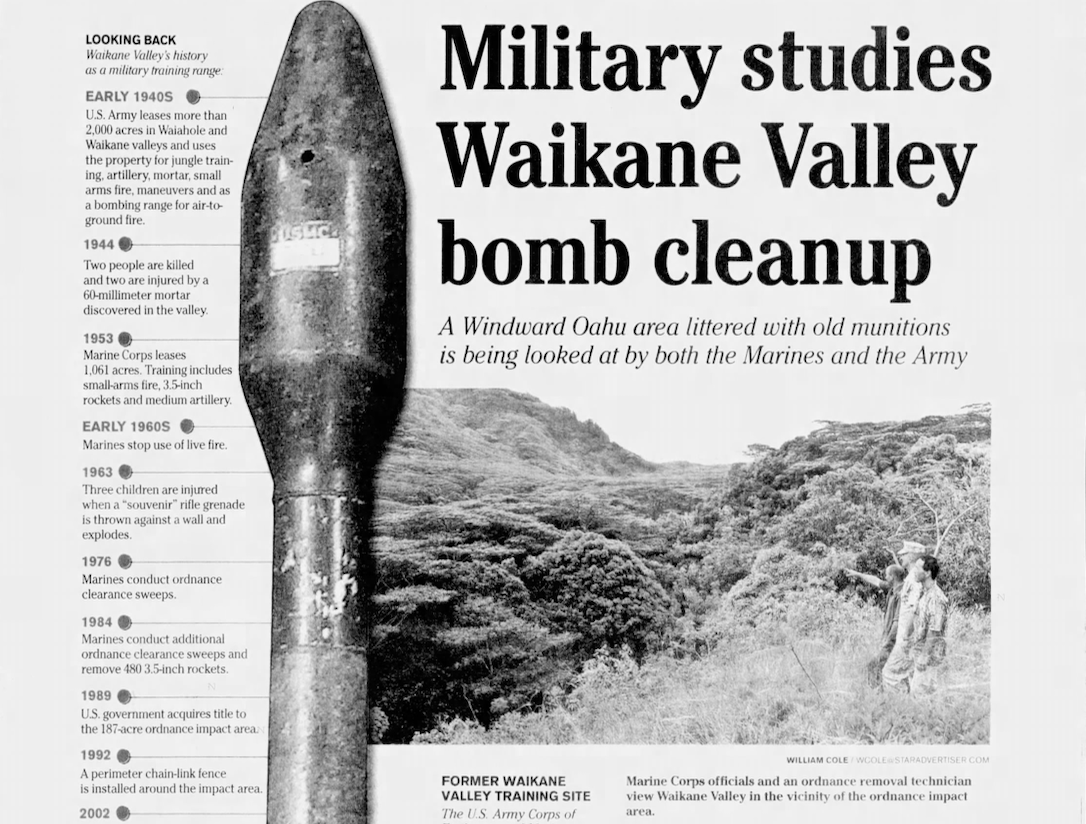What is the relationship between the circular economy and community health and wellbeing? The ʻImi Pono Hawaiʻi Wellbeing Survey seeks to provide a fuller picture of wellbeing among Native Hawaiians and Hawaiʻi residents to supplement data from narrowly focused or deficit-based surveys. The survey is a partnership between Kamehameha Schools, Liliʻuokalani Trust, the Office of Hawaiian Affairs, Papa Ola Lokahi, and The Queen’s Health System and has been conducted every year since 2021.
2023 findings focused around the following topic areas: (1) Housing stress and relief among Hawaii families; (2) Food Security and behaviors among Hawaiʻi residents; (3) Community and civic engagement among Hawaiʻi residents; (4) Assessing health from a Native Hawaiian perspective; and (5) ‘Ōlelo Hawaiʻi among Native Hawaiians.
This is the second in a series of blog posts wherein the Lab will be diving into these issues and their connection to the circular economy and aloha ʻāina.
Findings on Food Insecurity
The U.S. Department of Agriculture defines food insecurity as limited or uncertain availability of nutritionally adequate foods or uncertain ability to acquire these foods in socially acceptable ways. Unemployment and low income are frequently predictors of food insecurity. In recent years, food security has become a hot button issue in Hawaiʻi, especially because more than 80% of Hawaiʻi’s food is imported, leaving our food system vulnerable to natural disasters and climate shocks while also increasing our greenhouse gas emissions.
The ʻImi Pono Survey revealed that Native Hawaiians experience more food insecurity, are more likely to skip or reduce meals because money is tight, and are more likely to rely on convenience stores to obtain food as compared to non-Hawaiians. 1 out of 4 respondents believe that food security (having sufficient and safe access to nutritious food) is one of the top three characteristics that make up a thriving community.
Connecting these findings to the need for a more circular economy in Hawaiʻi, it’s critical to highlight the ways in which the linear food system is wasteful and harmful to the environment. In terms of health, the way we produce food and deal with its by-products cause a range of harmful impacts on health, including diseases caused by air pollution and water contamination, health consequences of pesticide use, and increased antimicrobial resistance.
In Hawaiʻi, the over-extraction of resources, driven by the dominant market economy, has contributed to declines in Native habitats and biodiversity, as well as the quality of other biocultural resources, resulting in the need for approximately 90% of food to be imported from outside the islands.
Towards a More Circular Food System
Sustainable development means ensuring that all people have the resources needed — such as food, water, health care, and energy — to fulfill their human rights. Any transition from a linear to a more circular system requires not only that these material needs are met, but also that societal needs such as fairness, equity, and justice, are considered.
Several contemporary community approaches toward advancing Indigenous economic justice have emerged in recent years, and have provided excellent examples for how embodying the philosophy of aloha ʻāina and the Hawaiian ancestral circular economy can produce real results in communities.
Looking beyond the current “take, make, and waste” industrial model requires sourcing food grown locally, and regeneratively if possible, and making the most of by-products. Indeed, increasing our food security and investing in sustainable local food systems will enable us to reduce our carbon footprint, support our local economy, and honor our ancestral legacy of food self-sufficiency. It also enacts bottom-up and top-down approaches toward managing resources and allocating them across communities, encouraging the application of intergenerational knowledge to resurrect regenerative agricultural and aquacultural systems that revitalize abundance for generations to come.
Sources:
https://www.ksbe.edu/assets/site/research/pdfs/Imi-Pono-FoodSecurity_Dec2023.pdf
https://www.ellenmacarthurfoundation.org/food-and-the-circular-economy-deep-dive
https://www.resilientoahu.org/food-systems
Beamer, et al., “Island and Indigenous systems of circularity: how Hawaiʻi can inform the development of universal circular economy policy goals,” Ecology & Society vol. 28 (issue 1, no. 9), https://ecologyandsociety.org/vol28/iss1/art9/.



.jpeg)




